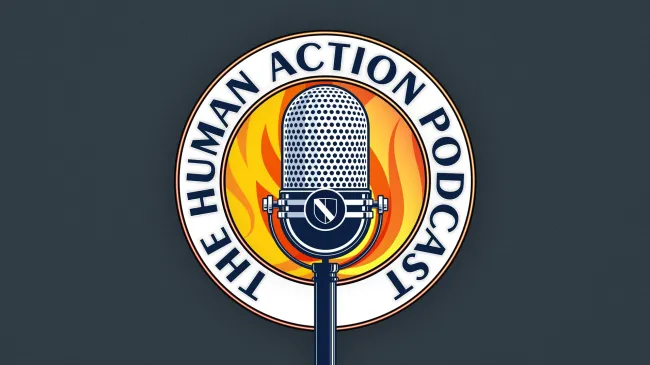The Race/Starting-Point Fallacy
It is often asserted without challenge that “life is like a race” and it wouldn‘t be a fair race without the same “starting-line.” While this analogy has some truth, it is largely fallacious and more than implies an ever-present state to provide “equal opportunity.”









